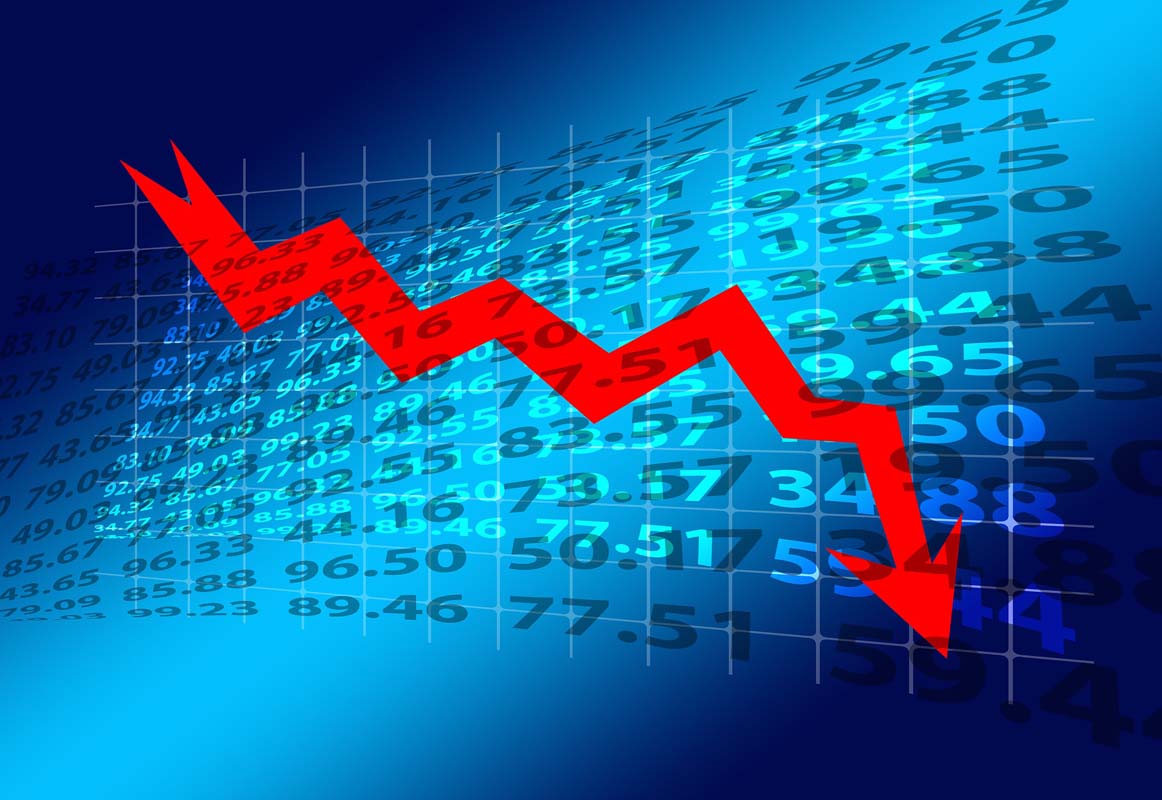
403
Sorry!!
Error! We're sorry, but the page you were looking for doesn't exist.
South Korea's economic growth slows on weak domestic demand
(MENAFN) South Korea's economy experienced a contraction in the second quarter of this year, largely driven by weak domestic demand despite continued strength in exports, according to data from the Bank of Korea released on Thursday. The nation's real gross domestic product (GDP), which serves as a key indicator of economic growth, declined by 0.2 percent on a quarterly basis, aligning with earlier projections. This downturn contrasts with the 1.3 percent growth recorded in the first quarter, the highest since the fourth quarter of 2021 when the economy expanded by 1.4 percent. On an annual basis, the economy grew by 2.3 percent in the second quarter, marking a slowdown from the 3.3 percent growth rate seen in the first quarter of 2023. This contraction was anticipated, partly due to the high base effect established in the previous quarter.
The central bank's report highlighted a decline in private consumption, which shrank by 0.2 percent during the April to June period, following a significant increase of 1.3 percent in the previous quarter. Meanwhile, South Korea's exports, a crucial component of its economy, continued to show resilience, growing by 1.2 percent in the second quarter, although this was a slight decrease from the 1.8 percent growth observed in the first quarter. Imports, on the other hand, rose by 1.6 percent, reversing a 0.4 percent decline seen earlier in the year. Government spending saw a modest increase of 0.6 percent, while construction investment fell sharply by 1.7 percent, contrasting with the 3.3 percent growth recorded in the prior quarter. In light of these trends, the central bank decided to maintain its key interest rate at 3.5 percent for the 12th consecutive time, a decision influenced by moderating inflation rates and rising household debt levels, following a series of rate hikes between April 2022 and January 2023.
South Korea's overall economic performance has been under pressure, with growth slowing to a three-year low last year due to reduced export demand amid global monetary tightening. The economy expanded by 1.4 percent in 2023, a deceleration from 2.6 percent growth in 2022 and a 4.3 percent rise in 2021. This year's growth is the slowest since a 0.7 percent contraction in 2020, which occurred during the height of the COVID-19 pandemic. Looking ahead, the Bank of Korea expects a modest recovery, with the economy projected to grow by 2.4 percent this year, a slight adjustment from its previous estimate of 2.5 percent growth. The outlook reflects cautious optimism amid ongoing challenges in both the domestic and global economic landscape.
The central bank's report highlighted a decline in private consumption, which shrank by 0.2 percent during the April to June period, following a significant increase of 1.3 percent in the previous quarter. Meanwhile, South Korea's exports, a crucial component of its economy, continued to show resilience, growing by 1.2 percent in the second quarter, although this was a slight decrease from the 1.8 percent growth observed in the first quarter. Imports, on the other hand, rose by 1.6 percent, reversing a 0.4 percent decline seen earlier in the year. Government spending saw a modest increase of 0.6 percent, while construction investment fell sharply by 1.7 percent, contrasting with the 3.3 percent growth recorded in the prior quarter. In light of these trends, the central bank decided to maintain its key interest rate at 3.5 percent for the 12th consecutive time, a decision influenced by moderating inflation rates and rising household debt levels, following a series of rate hikes between April 2022 and January 2023.
South Korea's overall economic performance has been under pressure, with growth slowing to a three-year low last year due to reduced export demand amid global monetary tightening. The economy expanded by 1.4 percent in 2023, a deceleration from 2.6 percent growth in 2022 and a 4.3 percent rise in 2021. This year's growth is the slowest since a 0.7 percent contraction in 2020, which occurred during the height of the COVID-19 pandemic. Looking ahead, the Bank of Korea expects a modest recovery, with the economy projected to grow by 2.4 percent this year, a slight adjustment from its previous estimate of 2.5 percent growth. The outlook reflects cautious optimism amid ongoing challenges in both the domestic and global economic landscape.

Legal Disclaimer:
MENAFN provides the
information “as is” without warranty of any kind. We do not accept
any responsibility or liability for the accuracy, content, images,
videos, licenses, completeness, legality, or reliability of the information
contained in this article. If you have any complaints or copyright
issues related to this article, kindly contact the provider above.
















Comments
No comment